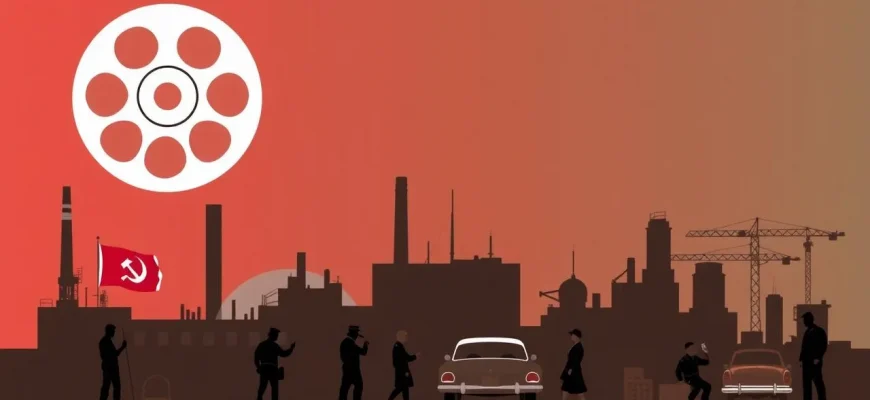Soviet cinema has always been rich with themes of labor, showcasing the value of work in building a better society. This curated collection of ten Soviet films delves into various aspects of work life, from the daily grind to the extraordinary efforts of workers. Each film not only entertains but also provides a window into the Soviet ethos of collective effort and individual heroism. Whether it's the struggle for better working conditions or the pride in one's craft, these films offer a unique perspective on the Soviet work culture, making them invaluable for anyone interested in the history of labor or simply looking for compelling stories about human endeavor.

Come and See (1985)
Description: While focusing on the horrors of war, the film also shows the relentless work of partisans and civilians in the face of adversity.
Fact: The film was shot in a documentary style, with real-life war survivors as extras.
 Watch Now
Watch Now 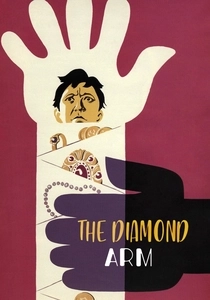
The Diamond Arm (1969)
Description: A comedic take on smuggling, this film indirectly showcases the work of customs officers and the everyday life of Soviet citizens.
Fact: It was one of the highest-grossing Soviet films of all time.
 Watch Now
Watch Now 
The Meeting Place Cannot Be Changed (1979)
Description: This crime series features the work of Soviet police officers in post-war Moscow, showcasing their dedication and challenges.
Fact: It was one of the first Soviet TV series to be widely popular and has since become a cultural phenomenon.
 30 Days Free
30 Days Free 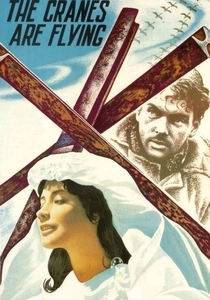
The Cranes Are Flying (1957)
Description: While primarily a love story, the film also portrays the impact of war on the home front, with characters working in factories and hospitals.
Fact: It won the Palme d'Or at the Cannes Film Festival, making it one of the few Soviet films to achieve such international acclaim.
 30 Days Free
30 Days Free 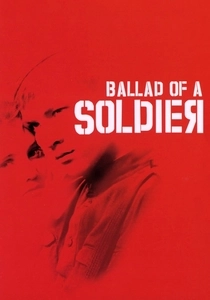
The Ballad of a Soldier (1959)
Description: The film follows a young soldier on a brief leave, highlighting the sacrifices of ordinary workers during wartime.
Fact: Despite its modest budget, the film was a critical and commercial success, earning director Grigori Chukhrai international recognition.
 30 Days Free
30 Days Free 
The Ascent (1977)
Description: This film captures the harsh realities of war and the indomitable spirit of Soviet partisans, showcasing their work in extreme conditions.
Fact: The film was directed by Larisa Shepitko, who tragically died in a car accident shortly after its release.
 30 Days Free
30 Days Free 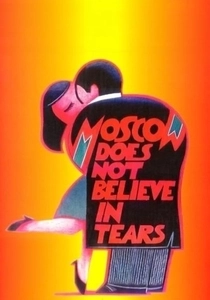
Moscow Does Not Believe in Tears (1980)
Description: Spanning several decades, it portrays the lives of three women, their work, and the societal changes they navigate.
Fact: It won the Academy Award for Best Foreign Language Film.
 30 Days Free
30 Days Free 
The Irony of Fate (1975)
Description: This New Year's classic humorously explores the uniformity of Soviet housing and the work-life balance of its citizens.
Fact: It has become a tradition in Russia to watch this film every New Year's Eve.
 30 Days Free
30 Days Free 
The Garage (1979)
Description: This satire examines the absurdities of Soviet bureaucracy through the lens of a garage cooperative, highlighting the struggles of everyday workers.
Fact: The film was initially banned for its critical portrayal of Soviet society.
 30 Days Free
30 Days Free 
